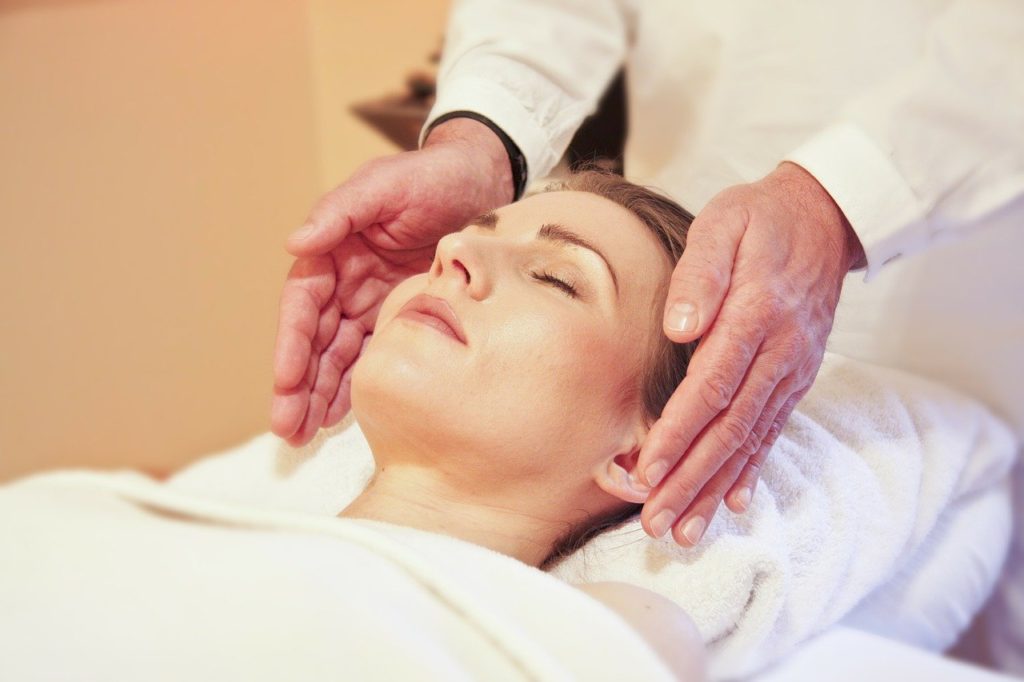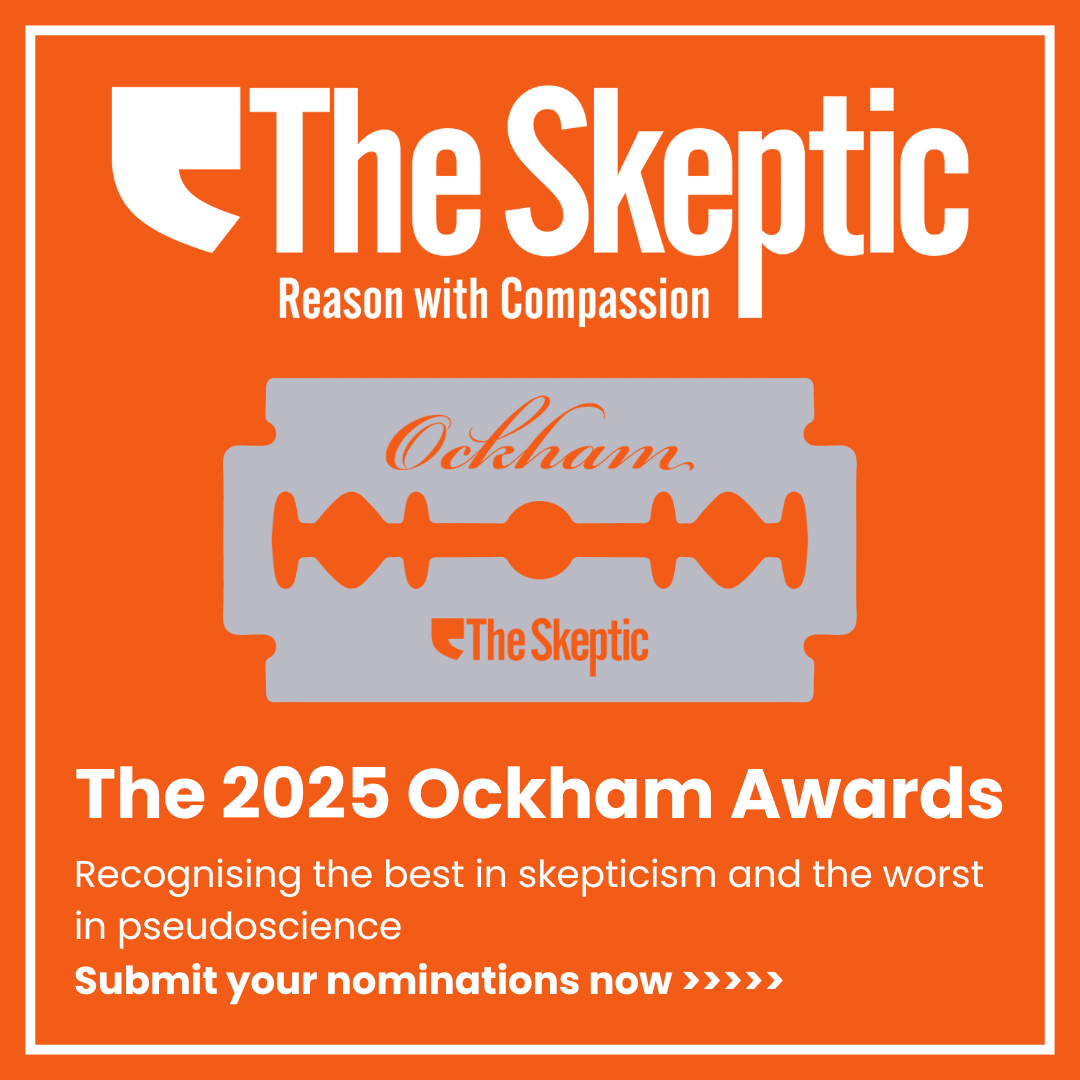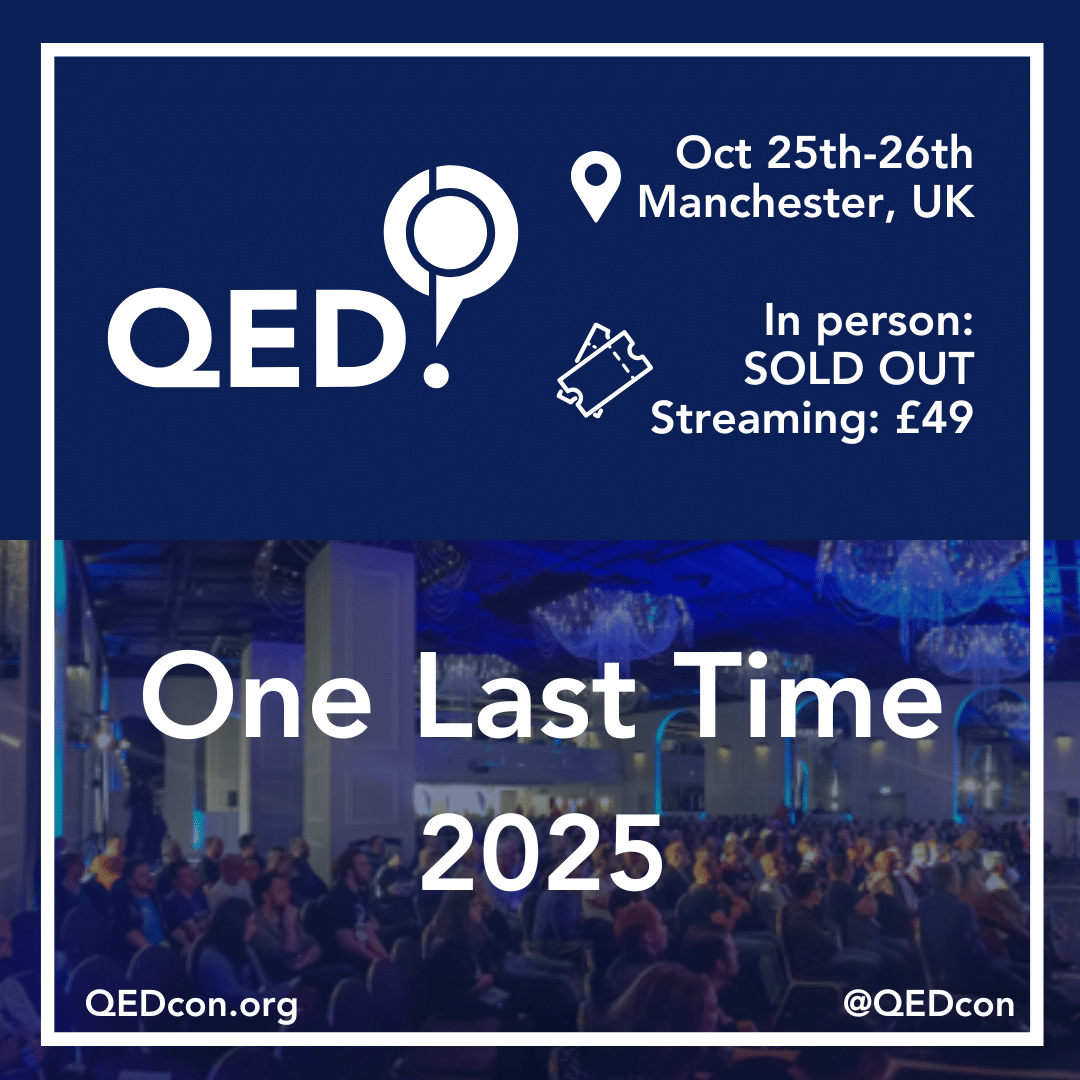It’s not easy feeling impotent. The more desperate the situation the more it feels like you have to DO something. This may be a contributing factor to the idea that people are more likely to turn to prayer and other superstitions when met with the worst scenarios.
“I’m going to try all of those alternative remedies that you think are b*llocks!”
That was the first thing my brother Ali said to me when I saw him in the hospital. Such is the curse of being a (vocal) skeptic: there’s little or no doubt about your stance on medical interventions that deviate from the conventional. We disagreed on many things over the years (picture my face when he said “David Icke has a lot of good stuff to say if you ignore the lizard stuff”).
On this occasion I couldn’t argue though, or at least I chose not to. He had just been given a terminal cancer diagnosis. It had started in his lungs, spread to his liver, and was enjoying its travels so much that it had pretty much riddled the rest of his body. There was cancer on top of the cancer. Fractal cancer. Exponential cancer. Pick your superlatives. The outlook was as bleak as you could possibly imagine. It really wasn’t the time for getting into debates about claims of efficacy.
The previous time I’d been cancer-adjacent was with my wife Laura back in 2021, but her prognosis was considerably better. The (conventional) treatment was extensive and punishing, but she’s a survivor and a thriver. I did however take the opportunity at the time to delve into the murky world of cancer quackery on the internet. For more on that, check out our appearance on Dr Xand’s Con or Cure, or this article in the Glasgow Herald. Spoiler alert: social media is awash with bad ideas, and the level of engagement is such that the companies appear reluctant to clamp down on them – surprise!
My brother was well aware of the above, but there’s a big difference in attitude and approach when the chances of survival are much slimmer, so when he tried to form a desperate action plan, I kept diplomatically quiet. Also kept quiet at the time was my resolve to push back against any attempts to try anything that would hurt him physically, or carry any severe financial ramifications. For the more benign options though, if he wanted to try and regain some agency rather than lie back and accept his fate, then that was his call to make.
The National Health Service wasn’t passive either of course: some radiotherapy helped alleviate some of the pain around his spine temporarily, and chemotherapy was planned too. Unfortunately, Ali’s weight dropped so quickly that he was simply too weak to undergo such a tough intervention. The care he received was first class though, both in the hospital and at home, with carers coming in multiple times a day to complement the amazing round the clock vigilance from his partner. He got ALL the best (legal) drugs too. Free of charge.

Such was the speed of his decline that he only got one opportunity to properly dabble with alternative medicine. Well, no medicine was involved, because the treatment in question was Reiki. For those who are blissfully unaware, Reiki is an ‘ancient’ Japanese technique that posits some kind of ‘life force energy’, and proponents believe that the practitioner helps to channel and supplement that energy with their hands. Sometimes there is actual contact between the practitioner and the patient, frequently there is not. It is of course nonsense of the highest order – a similar/identical treatment known as Therapeutic Touch was famously debunked by a nine year old girl. The chances of it doing anything useful were slimmer than my already emaciated brother
A well-meaning friend arranged for a ‘Reiki Master’ to come to the hospital and have a session with my brother. Unsurprisingly, he enjoyed it: considering the perpetual misery of being stuck in a bed in constant pain, the novelty of having an enthusiastic practitioner waxing off (and on, presumably) in his proximity must have carried some kind of novelty value at least. A family member later remarked that he had “perked up a little” after it. This was at a time when he was still unable to sit up, struggling to eat, and drinking sips of water through a straw, so my assessment of his perkiness was quite the opposite. Another spoiler alert: there was no miraculous healing from the Reiki.
As always though, we should be asking the question “what’s the harm?”. In this case, relatively little, but a simple thought experiment gives a very different answer: let’s consider a different scenario where my brother had been well enough for chemotherapy, and had responded well, or perhaps a rare and unexplainable case of spontaneous remission had occurred. Just imagine the aforementioned Reiki Master suddenly being convinced that they’ve got superpowers that pulled someone back from the brink, waving around their magic hands theatrically, but now scared to do finger guns in case they accidentally commit a felony.
There are of course already people out there who think such powers are real, including this practitioner, who recounts a second-hand story of Reiki helping to turn the tide of cancer at a crucial moment, or this (alleged) first-hand healing story. Fortunately such claims are rare and tend to sit a little lower in (my) Google searches, whereas further up in the SEO rankings, Cancer Research UK’s page makes it clear that “There is no scientific evidence that reiki can help prevent, treat or cure cancer.”
For Ali there was no miracle cure, nor a regular one. He was diagnosed on the 17th of October and he died on the 7th of December. The deterioration was as horrific as you’d imagine. The oncologists knew early on that he was past the point of no return, and they made it clear to us. If there’s one thing you can trust conventional doctors with, it’s the honesty to give you the worst of news and not fill you with false hope while they empty your wallet.
So, we did nothing.
Except, we didn’t: we visited, we comforted, we fed, we cleaned, we reminisced, we laughed, we cared, and we presented a united front of love and support. Old friends travelled far to visit, or sent heart-warming messages; neighbours offered to help. My four-year-old daughter even did some drawings to cheer him up. We stayed close by right until the very end, then we gave him a fitting send off. We even collected donations for Cancer Research UK. Now we mourn, we remember, we urge people to look after their health, and get to a doctor as quick as you can if you feel that there’s something wrong.
It still feels like it’s not enough. It probably never will, but it’s better than wasting time, hope, and money on the false promises of charlatans.





